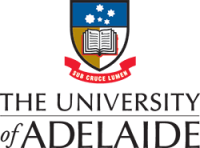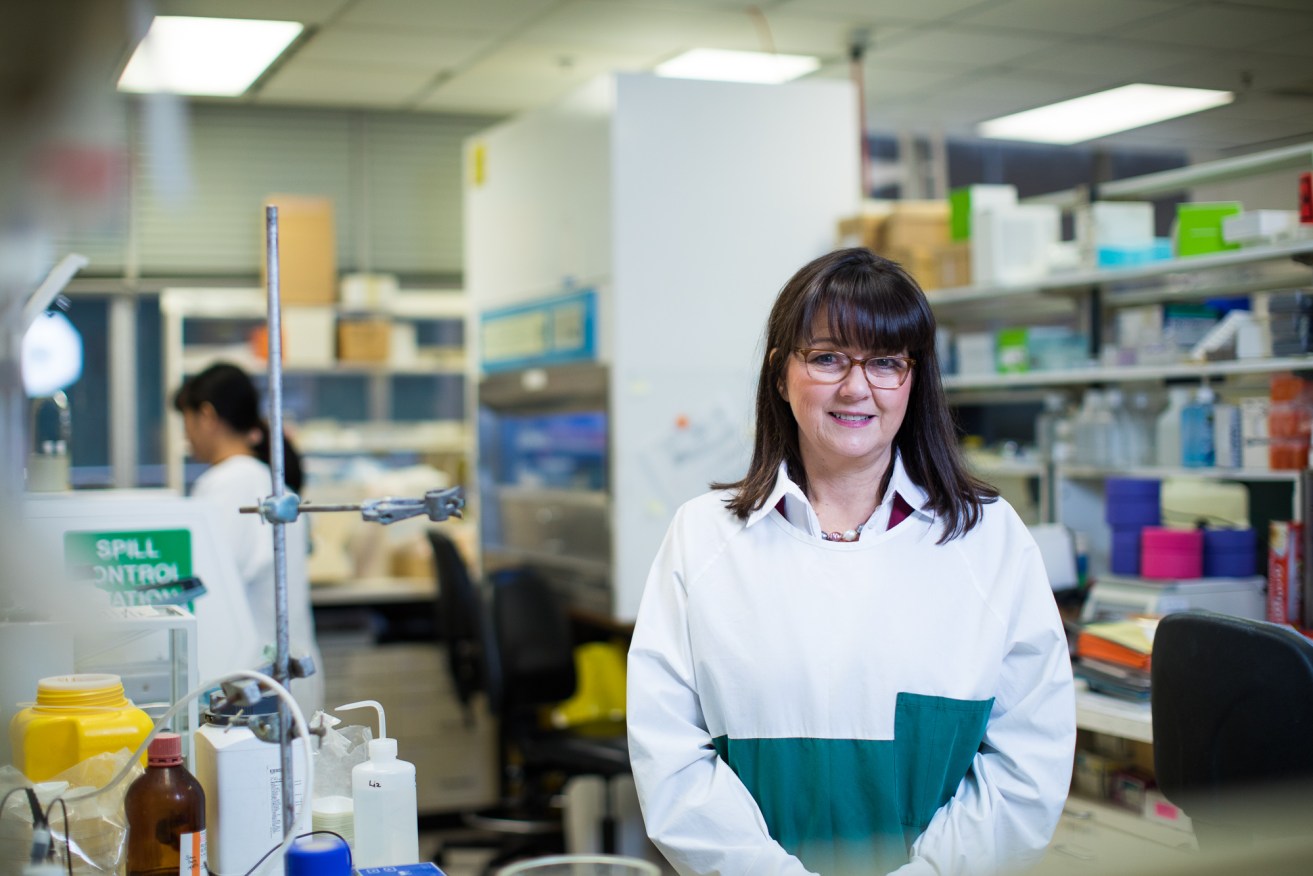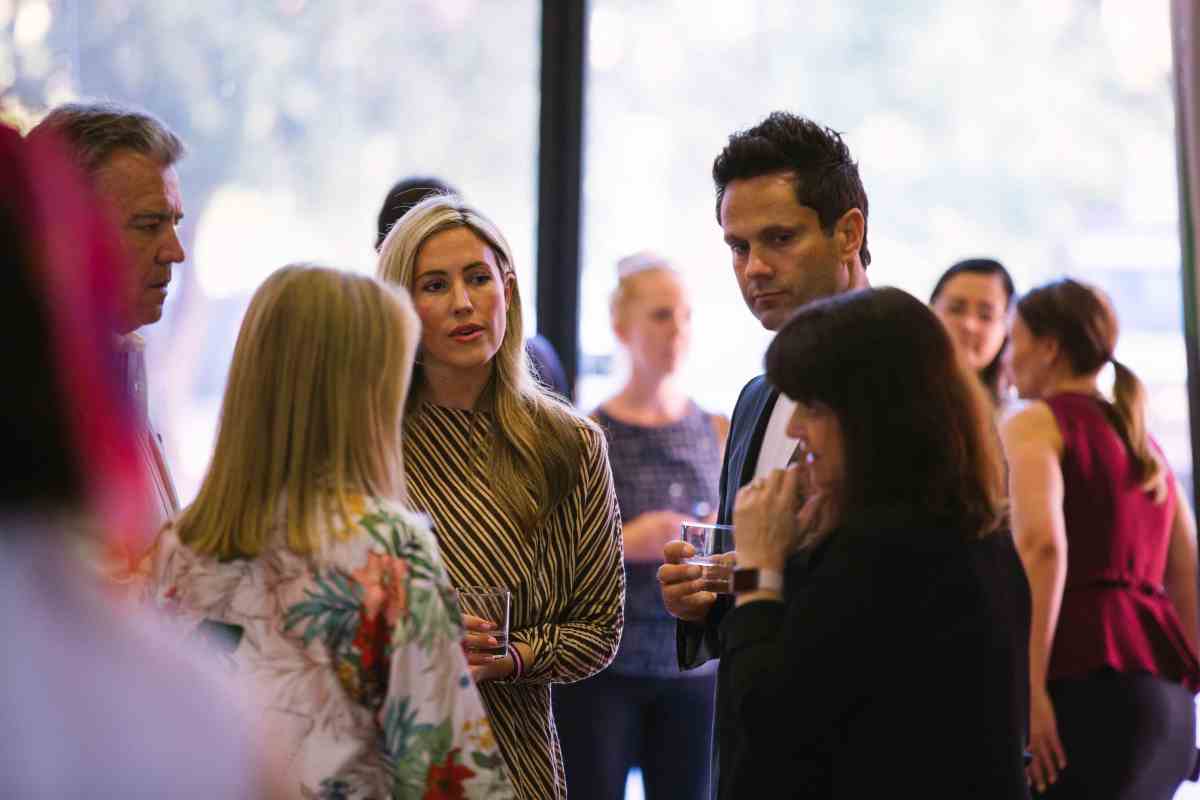
SA delivers game-changing vaccine research
A large-scale study involving tens of thousands of South Australians has been recognised globally as a landmark piece of research about meningococcal B disease, carriage and immunisation.

Professor Helen Marshall
Led by the University of Adelaide’s Robinson Research Institute, the results of the landmark “B Part of It” study were published in the New England Journal of Medicine and the follow-up “School Leaver” study is set to be published in the Journal of Infectious Diseases later this year.
The study rollout involved more than 42,000 people across the state and informed global research and understanding about meningococcal B disease.
Following a renewed global appreciation for the importance of vaccination, Lead Investigator of the study Professor Helen Marshall explained why “B Part of It” was a game-changer and how the results will inform vaccine rollouts in other countries.
“South Australians who were involved in the “B Part of It” study should feel incredibly proud of their contribution toward this important research,”Professor Marshall said.
“As well as showing a significant reduction in meningococcal B disease in young people in South Australia, this study explored whether the meningococcal B vaccine could play a role in preventing transmission of bacteria and providing herd immunity benefits.
“Ultimately, what we found was that the vaccine had no discernible effect on the carriage of the disease-causing meningococcal bacteria. This highlights the importance of administering this vaccine to individuals in high-risk age groups; we cannot rely on herd immunity to protect unvaccinated people against meningococcal B disease.
“Infants and young people must be vaccinated to be adequately protected against this deadly disease.”
To gather enough data to obtain these results, the study stretched right across South Australia and involved collaboration among health, education, government, industry and academia in both rural and metropolitan organisations.
The community collaboration was paramount and unprecedented in a study of this size.
Immunisation nurses visited almost 35,000 students from 237 SA schools over a two-year period (2017-2018), administering the Bexsero® vaccine and taking throat swabs.
In 2019, a follow-up “School Leaver” study involved young people aged 17-25 where throat swabs were taken each year from 2018-2020 to look for the meningococcus bacteria.

Professor Helen Marshall talks with B Part of It ambassadors, Oren and Gill Klemich and Pippa and Gavin Wanganeen.
Over the three-year period, carriage of the meningococcus was measured to see whether there was any observed reduction. The findings were consistent with the high school study showing no reduction in carriage of most disease associated meningococci but a reduction in carriage of the highly lethal W strain was observed, which had been causing epidemic around the world.
“The significant involvement of South Australians in this study has helped to protect tens of thousands of people in high-risk age groups from a fatal disease,” Professor Marshall said.
“Almost 35,000 young people were vaccinated for free, and an estimated 15 cases of meningococcal disease in young people have been prevented as a result.”
“In addition, the results will inform the way that other countries will vaccinate against this disease in the future, potentially saving more lives. We couldn’t have done it without the tremendous community support, right across the state.”
The positive uptake of the study ensured vaccinations were available to South Australian school children to protect against meningococcal B disease.
In addition to this, the study uncovered some new and novel insights showing the vaccine could provide protection against other closely related bacteria responsible for other diseases, including gonorrhoea and meningococcal W disease.
One of these insights is currently being explored in another study led by Professor Marshall, investigating whether the meningococcal B vaccine could also provide protection from gonorrhoea.
The study is currently underway across the Northern Territory, involving young people aged 14 to 19.




